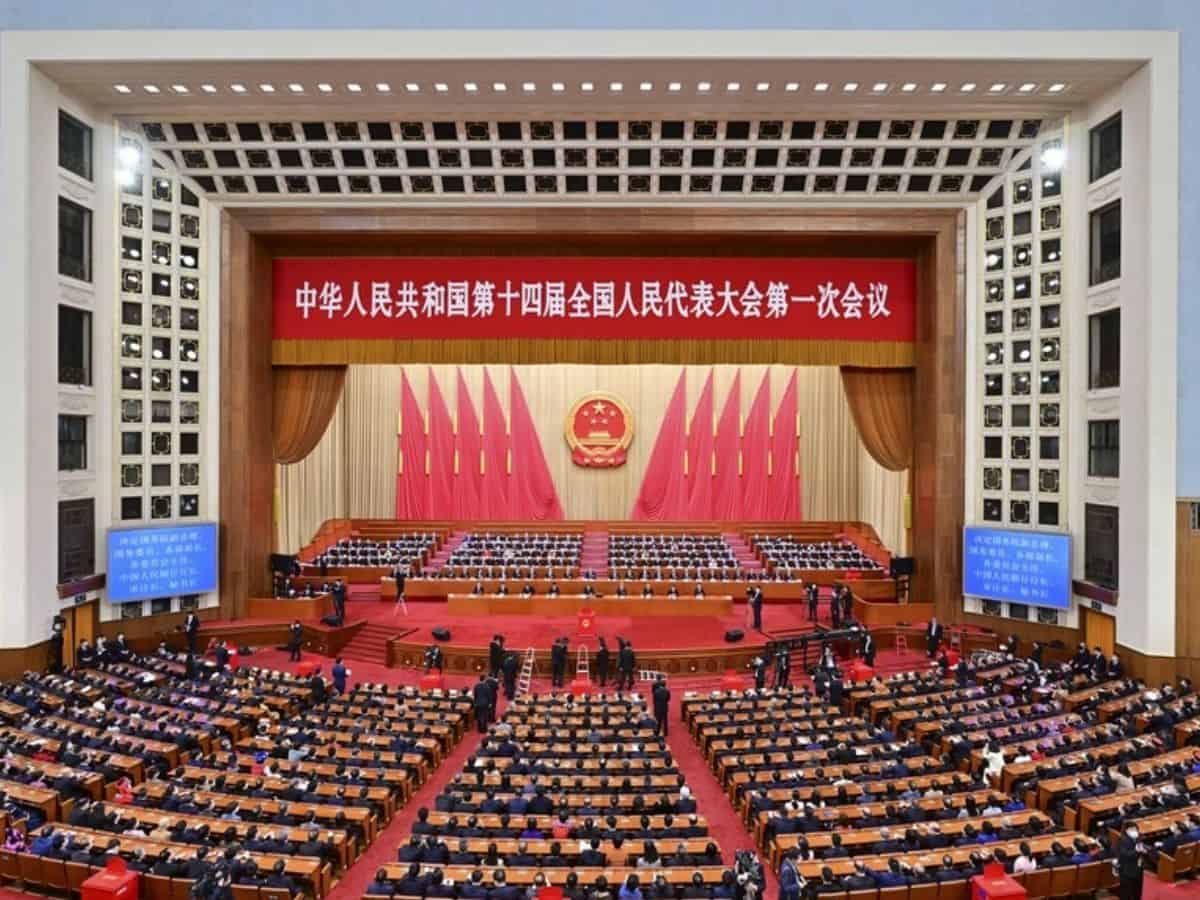
Beijing: China’s new Law on Foreign Relations, adopted by the country’s top legislature on Wednesday, will take effect on Saturday asserting Beijing’s interests on the world stage.
Of the 297 laws currently in effect in China, there are 52 foreign-affairs laws and more than 150 laws containing foreign-affairs clauses, reports Xinhua news agency.
But the legal system concerning foreign affairs still has some shortcomings, said an official of the Legislative Affairs Commission, adding that in particular, gaps exist in laws concerning safeguarding national sovereignty, security and development interests.
“Speeding up the building of the legal system concerning foreign affairs will help China more effectively deal with risks and challenges,” the official said.
According to the Legislative Affairs Commission, the new law “expounds China’s stance in international exchanges, improves the institutions related to the country’s foreign relations, and presents China’s image as a responsible major country that champions peace, development, cooperation and mutual benefit via a law-based approach”.
The legislation also threatens to punish entities that act in ways “detrimental” to China’s interests but does not specify which lines should not be crossed, the BBC reported.
“The People’s Republic of China conducts foreign relations to uphold its system of socialism with Chinese characteristics, safeguard its sovereignty, unification and territorial integrity, and promote its economic and social development,” the law states.
It adds that China conducts foreign relations “under the guidance of” the political ideologies of Xi Jinping, Mao Zedong, Deng Xiaoping and Marxism-Leninism, among others.
China’s top diplomat Wang Yi has called the law “an important measure to strengthen the Communist Party Central Committee’s centralised and unified leadership over foreign affairs”.



